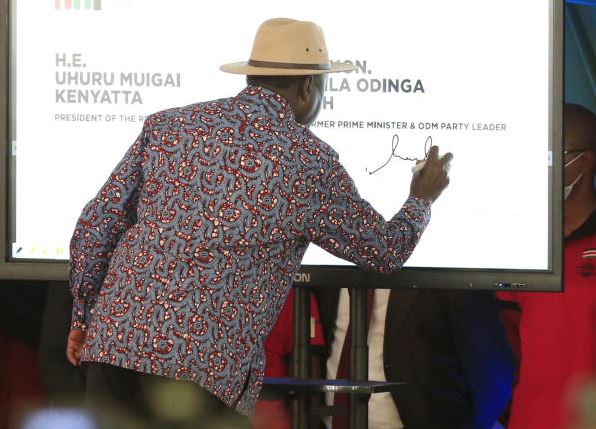×
The Standard e-Paper
Join Thousands Daily

It is a fact that the proposals in BBI give our political leaders at the national level more choices, from being president to deputy prime ministers.
In the 2010 Constitution, which BBI proposes to amend, they got more choices, they could be governors, senators and women representatives, positions that did not exist before.







